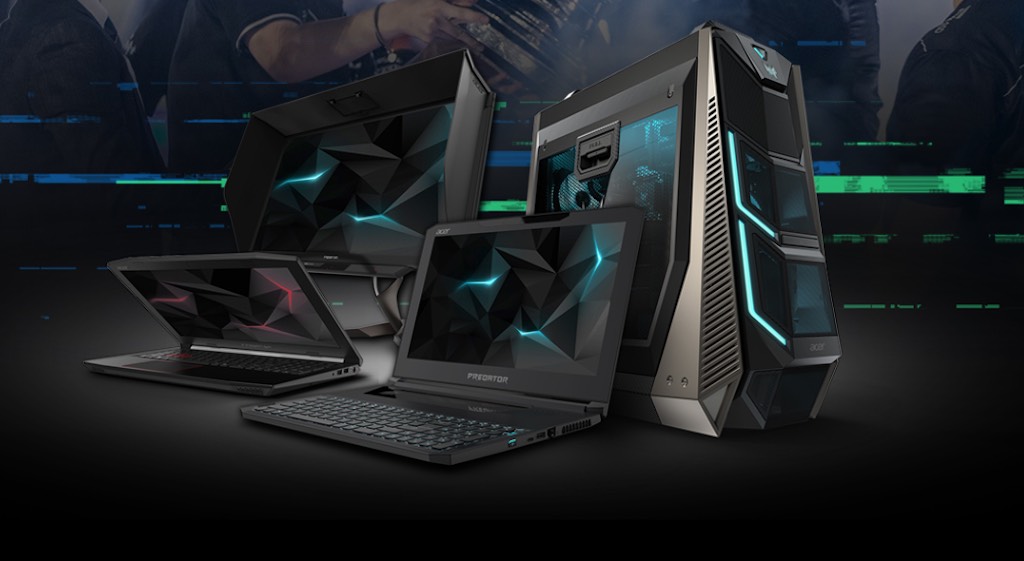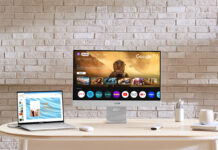What you need for PC gaming: the basics
Leaving the desktop PC or laptop argument aside (don’t worry, I’ll get to that shortly), there are several key requirements for an excellent PC gaming experience.
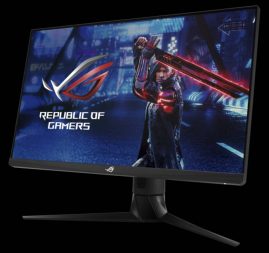 First and foremost, you need to be able to move pixels as quickly as possible, enjoying all the graphic effects a game has to offer without suffering from stuttering frame rates or lag. You want to experience the immersion of real-time reflections that ray tracing delivers. You also want to be able to see those graphics in all their glory, with high resolution, accurate colours and a big screen. You may also want support for virtual reality.
First and foremost, you need to be able to move pixels as quickly as possible, enjoying all the graphic effects a game has to offer without suffering from stuttering frame rates or lag. You want to experience the immersion of real-time reflections that ray tracing delivers. You also want to be able to see those graphics in all their glory, with high resolution, accurate colours and a big screen. You may also want support for virtual reality.
With 1080p, 4K (and even 8K) support, use of pre-rendered cutscenes, DLC, and many PC games offered as downloads, a single game install can be 100GB or more, so you’ll need plenty of fast storage. If online multiplayer gaming is something you’re interested in, then add Ethernet and the speed of Wi-Fi 6 as well. Add all these requirements together, and when it comes to PC gaming hardware—laptop or desktop—you’ll want to be watching for:
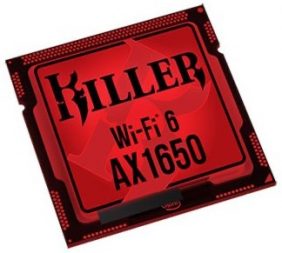 Fast CPU (typically a current generation octa-core Intel Core i7 or oct-core AMD Ryzen 7) with plenty of fast DDR4 RAM
Fast CPU (typically a current generation octa-core Intel Core i7 or oct-core AMD Ryzen 7) with plenty of fast DDR4 RAM- Discrete video card instead of integrated graphics
- The largest display possible, with minimum Full HD support, a fast refresh rate, and support for technology such G-Sync and FreeSync
- High capacity 7200rpm hard drive and/or SSD
- Wi-Fi 6 and Gigabit Ethernet
You’ll need to pay attention to that hardware in respect to the kind of games you like to play, in particular the video card. Make certain it is capable of supporting your favourite game, including advanced features like 4K (or 8K) and ray tracing. If virtual reality is on tap, look for a VR-Ready label.
Other things make PC gaming even better—amplified surround sound, mechanical gaming keyboards, programmable mice, gaming headsets and other options—but these can be considered add-ons.
Desktop gaming PC: pros and cons
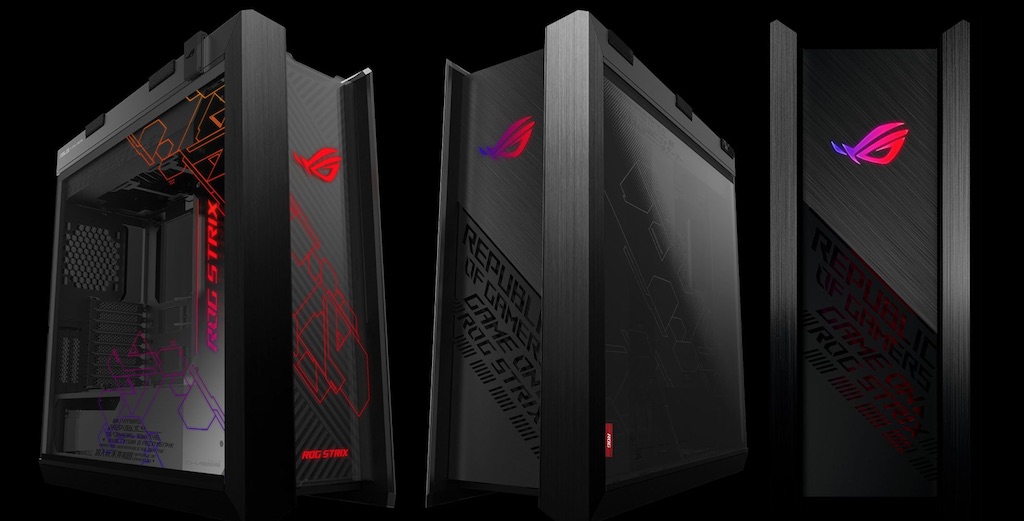
The pro side of a desktop gaming PC all comes down to size and permanence. With no need to be portable, a gaming PC can take advantage of a roomy tower enclosure that offers space for powerful components, the power needed to run them and plenty of room for cooling those high performance parts. Because it uses an external monitor, a desktop gaming PC is always going to have a bigger display than a gaming laptop’s as well.
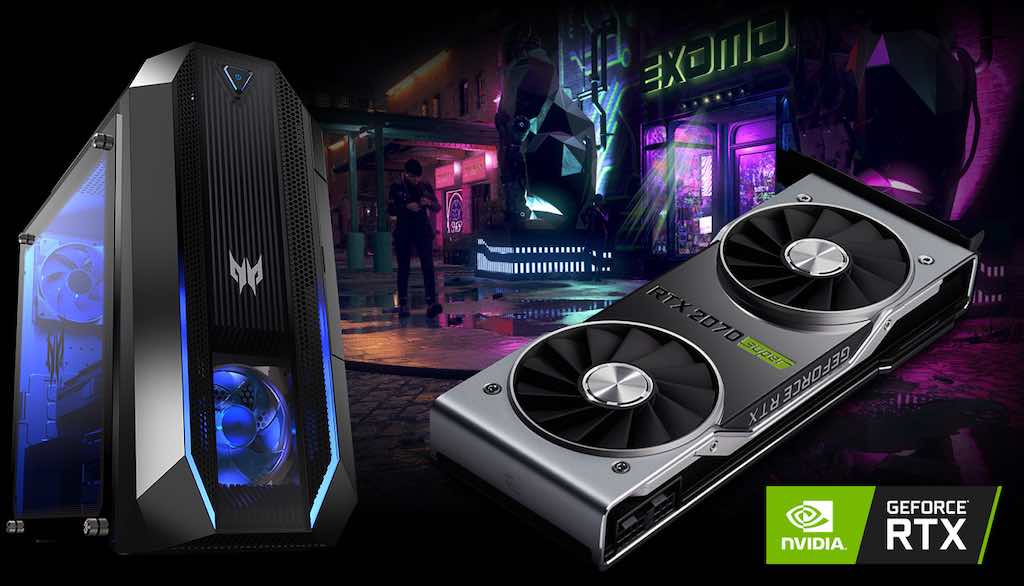
When it comes to any PC gaming metric, a desktop gaming PC is going to come out on top compared to a gaming laptop. Desktop PC CPUs are more powerful than their mobile equivalents and with the additional space and no concern about power usage, video cards are more powerful than mobile versions. Multiple cards are an option, not just one. Some of these cards are able to drive multiple 4K monitors simultaneously and with technology like SLI-enabled video cards, a desktop PC can run two, four or six monitor setups for the ultimate immersive PC gaming experience.
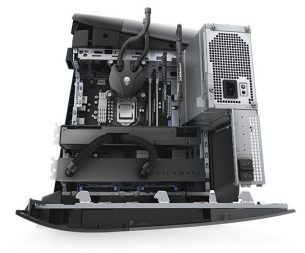 Desktop PCs are also much easier to open up for swapping out components. With most, it’s merely a matter of removing one screw to be able to take the entire side panel off for access. Components are plugged into sockets instead of being soldered, making them easy to replace. This makes desktop PCs better candidates for long-term upgrades than a gaming laptop, which is typically limited to storage and RAM upgrades.
Desktop PCs are also much easier to open up for swapping out components. With most, it’s merely a matter of removing one screw to be able to take the entire side panel off for access. Components are plugged into sockets instead of being soldered, making them easy to replace. This makes desktop PCs better candidates for long-term upgrades than a gaming laptop, which is typically limited to storage and RAM upgrades.
The downside? A desktop gaming PC takes up a lot more space than a gaming laptop and for all intents and purposes, it’s staying in one place. You’ll also have to spend the time and effort to buy all the accessories and add-ons (like a monitor and gaming keyboard) and you’ll have to connect/install them—unlike a gaming laptop where everything is built-in and guaranteed to work well as a package.
Gaming Laptop: Pros and Cons
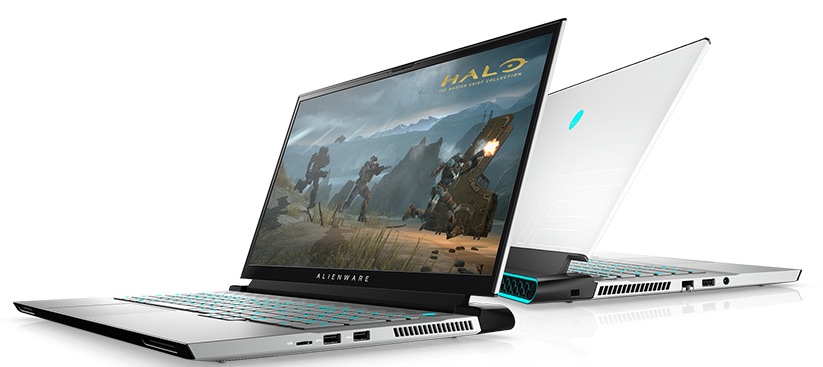
There’s only one advantage to choosing a gaming laptop over a desktop PC, but it’s a big one: mobility.
When you choose a gaming laptop, your entire PC gaming experience is self-contained in a single package you can slip into a backpack to take with you. When set up on a desktop (or even on your lap), the space required is minimal, which is nice in cramped quarters like a bedroom or dorm room. While a gaming laptop can’t compare to an Ultrabook for battery life, you can still enjoy gaming for at least three or four hours without needing to be plugged in to a power outlet. Other than the power brick, there are no cables to hook up, and no external components to connect. Fire it up and you’re gaming.
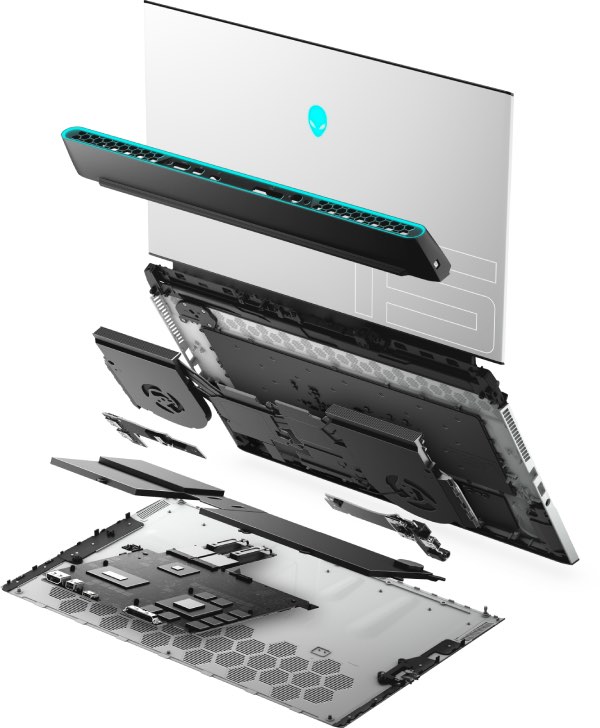 You do have the option to plug into an external monitor for a bigger display, you can use an external speaker system for better sound and you can use a gaming keyboard and mouse, but you don’t have to. In fact, many gaming laptops are now equipped with gaming-optimized keyboards with features like N-Key roller, macro support, RGB lighting, and some even have mechanical switches. Gaming laptop displays are increasingly being offered with fast refresh rates, along with support for G-Sync and FreeSync.
You do have the option to plug into an external monitor for a bigger display, you can use an external speaker system for better sound and you can use a gaming keyboard and mouse, but you don’t have to. In fact, many gaming laptops are now equipped with gaming-optimized keyboards with features like N-Key roller, macro support, RGB lighting, and some even have mechanical switches. Gaming laptop displays are increasingly being offered with fast refresh rates, along with support for G-Sync and FreeSync.
There are some downsides to laptops for gaming compared to a desktop PC. The price point can be higher (miniaturization doesn’t come cheap), desktop PCs have a performance edge (desktop CPUs and video cards are more powerful than their mobile equivalents), the computer’s display is almost always going to be larger and higher resolution (unless you plug your laptop into an external display), and a desktop PC is easy to open up and upgrade. You can upgrade a gaming laptop to a certain degree, but in most cases that’s limited to the RAM and hard drive.
Blurring the lines between desktop gaming PCs and gaming laptops
Confusing things a little, the lines between gaming laptops and desktop gaming PCs have started to get a little blurry.
A big part of that has been Nvidia with its Max-Q mobile video cards, and the latest generation of mobile CPUs that are not only more powerful, but also more energy efficient.
As a result, manufacturers are finding ways to pack increasingly impressive technology into a laptop case. And in some cases those gaming laptops are looking slim enough that you may not even recognize them for what they are.
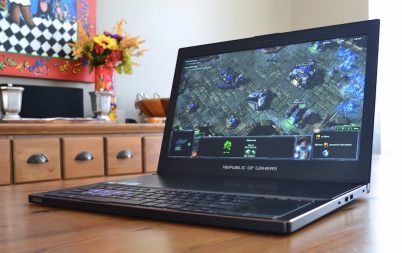 An early example of this is the ASUS ROG Zephyrus I reviewed in 2018. This was a gaming laptop with a 15.6-inch Full HD screen with advanced display tech like 120Hz refresh rate and G-Sync. It was equipped with a 7th generation quad-core Intel Core i7 CPU, 16GB of fast DDR4 RAM, 512GB of SSD storage and an NVIDIA GeForce GTX 1080 video card with 8GB of DDR5 RAM. Its keyboard was full-sized, with programmable backlighting and N-key rollover. And it was loaded with ports, including USB-C.
An early example of this is the ASUS ROG Zephyrus I reviewed in 2018. This was a gaming laptop with a 15.6-inch Full HD screen with advanced display tech like 120Hz refresh rate and G-Sync. It was equipped with a 7th generation quad-core Intel Core i7 CPU, 16GB of fast DDR4 RAM, 512GB of SSD storage and an NVIDIA GeForce GTX 1080 video card with 8GB of DDR5 RAM. Its keyboard was full-sized, with programmable backlighting and N-key rollover. And it was loaded with ports, including USB-C.
Sounds like an impressive gaming laptop, right? But it was also just 17.9 mm at its thickest point and weighed only 2.2 kg.
In other words, this mobile rig had specs that would put many desktop gaming PCs of that time to shame, but it also left the world of “boat anchor” gaming laptops in the past …
Fast forward two years, and gaming laptops are getting even thinner and more powerful. The latest crop includes models equipped with Max-Q versions of NVIDIA’s RTX 3000 series graphics cards with advanced ray tracing support.
The other way gaming laptop designers are pushing the envelope is by offering an external box that houses a full-sized desktop graphics card. This lets the gaming laptop remain portable, but when you use it to play games at home, connect it to the external box and a big screen display and you get the graphics performance previously available only using a desktop gaming PC.
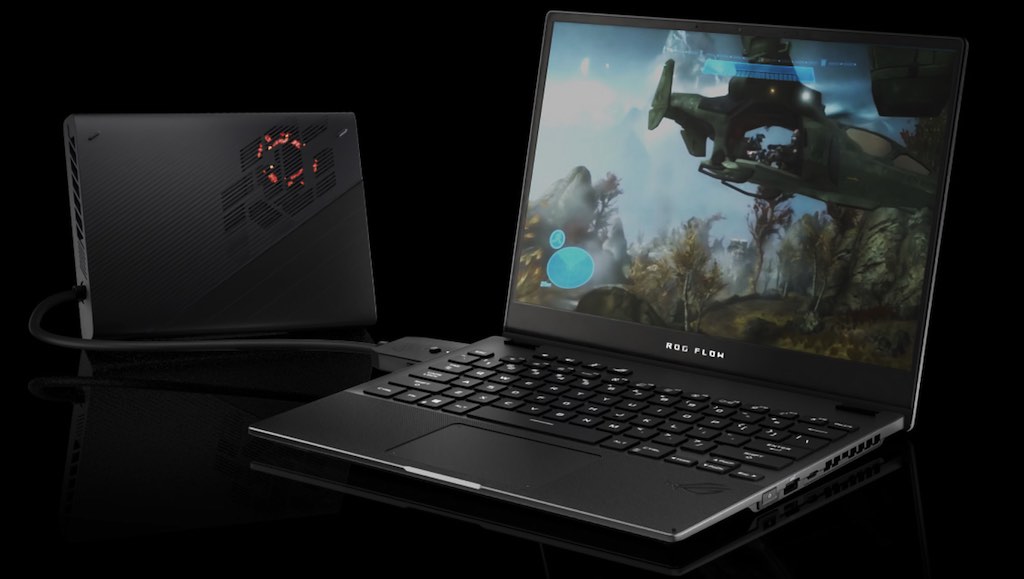
The latest development on this front was announced by ASUS at CES 2021 (read the full coverage here). The ROG Flow X13 is a 2-in-1 gaming laptop with a 360-degree hinge that tips the scales at just 1.3 kg and offers up to 10-hours of battery life. It’s equipped with an AMD Ryzen 9 5980HS chip and GeForce GTX 1650 graphics card. However, its real power is unleashed when you sit down and plug into the ROG XG Mobile, a new portable eGPU that packs a full-sized NVIDIA GeForce RTX 3080 card.
Desktop PC or gaming laptop: which provides the best PC gaming experience?
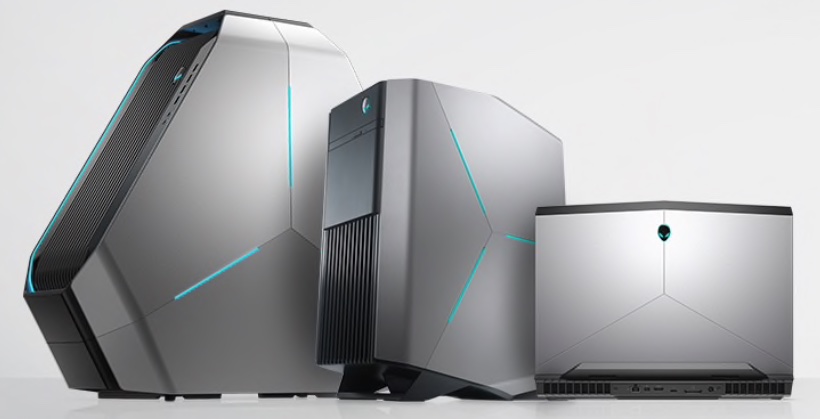
Ultimately, there is no way to say that a gaming PC or a gaming laptop makes for a superior PC gaming platform. Your priorities as a gamer dictate which is the better choice. For example, if you want to play games while commuting, or at a friend’s house, then a gaming laptop is the clear choice; if you demand the ultimate gaming performance with a widescreen 4K monitor and graphics effects such as ray tracing at maximum, then a desktop gaming PC is going to provide the better gaming experience. And if you want your gaming rig to be able to stay on top of the hardware requirements for AAA titles for longer, a desktop gaming PC offers an upgrade path that laptops lack.
Whatever your priorities might be, the fact that there is a legitimate choice between a traditional desktop computer or a laptop built for gaming means that PC gamers in general are the winners here.

